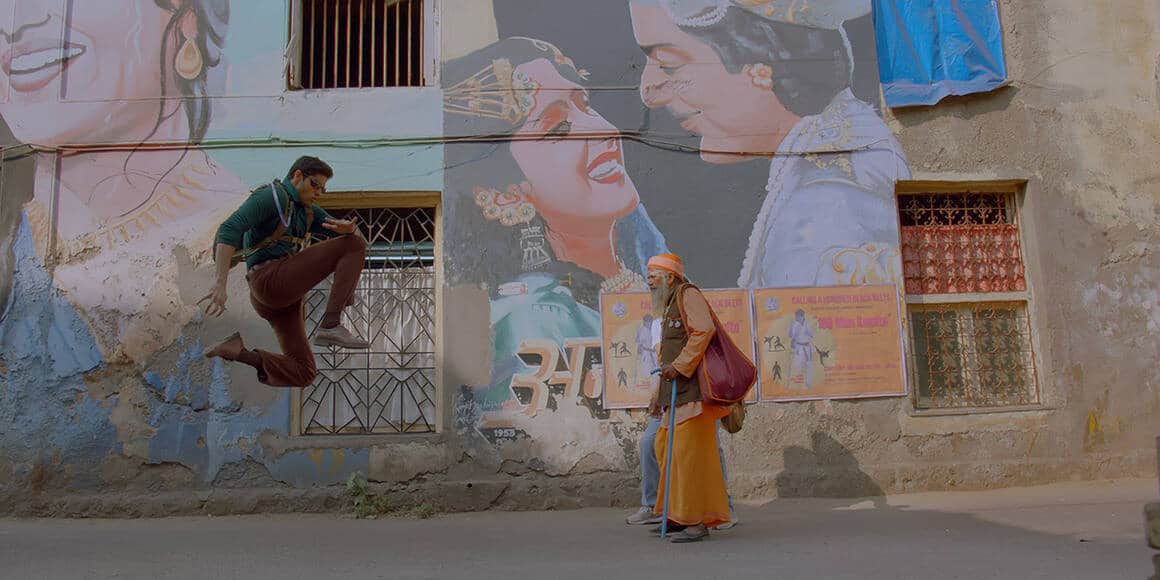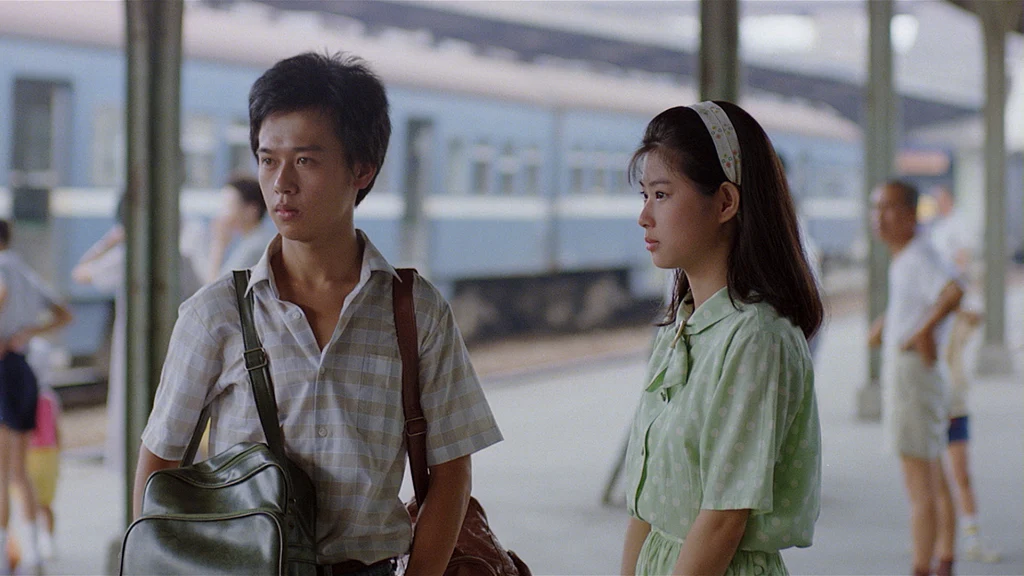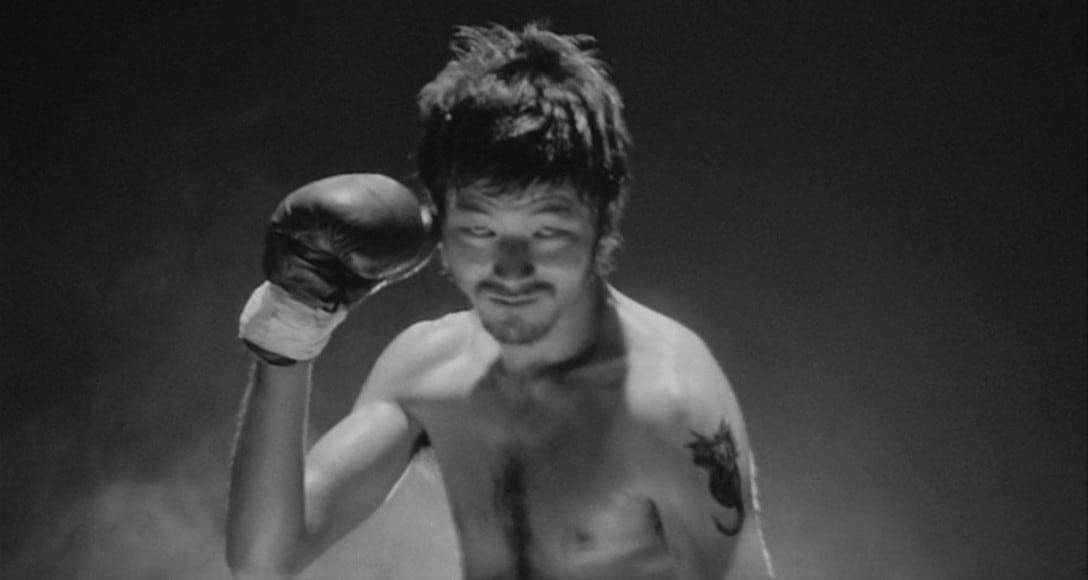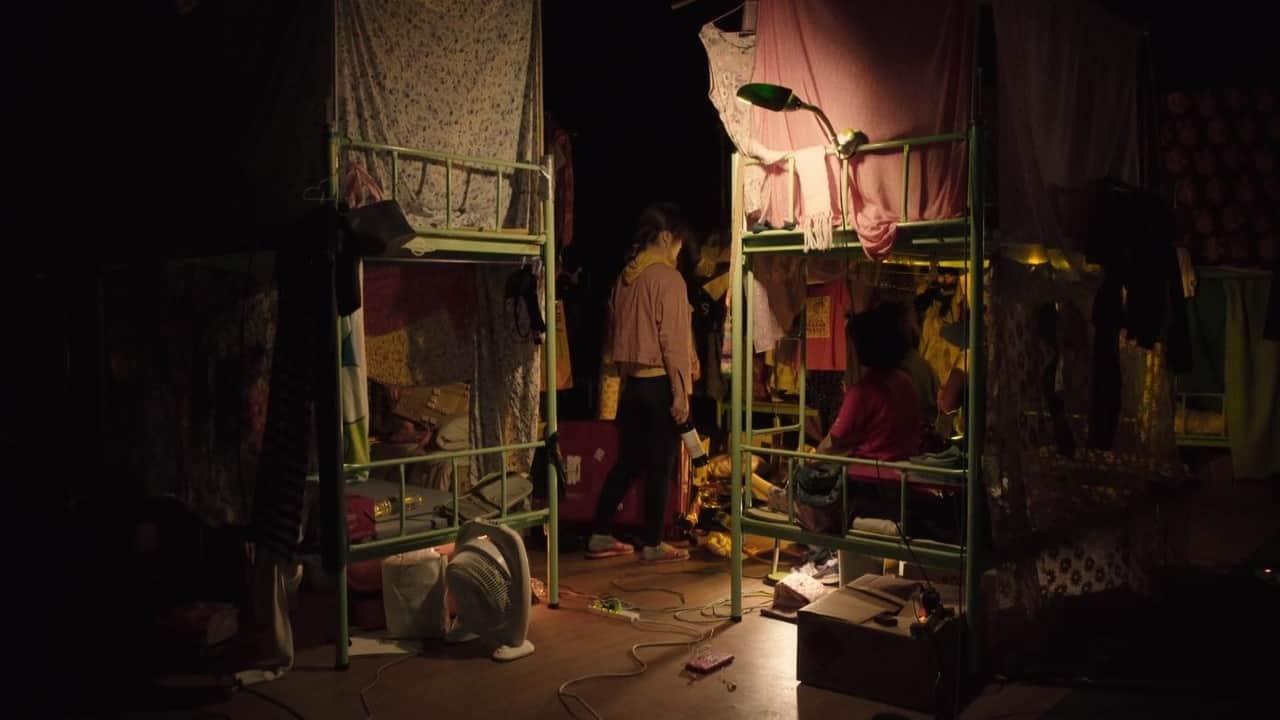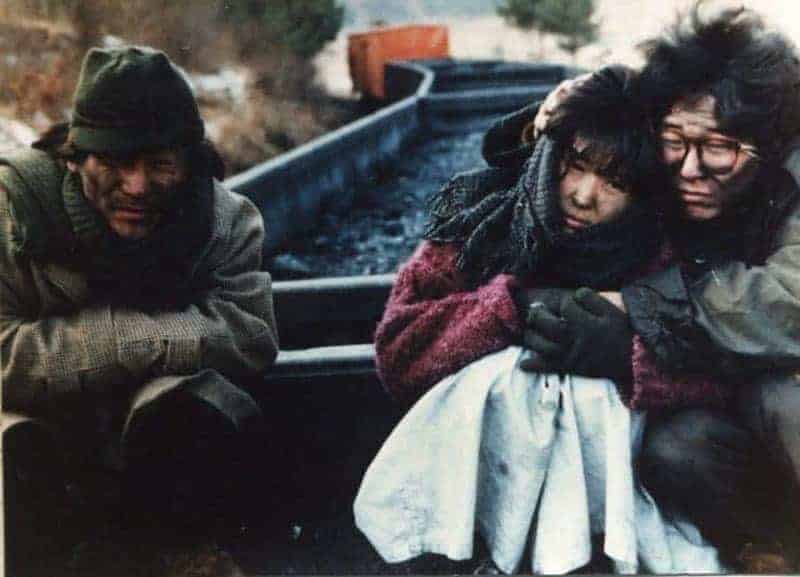In the midst of all the controversy (not quite as it was eventually proven, just the Japanese authorities trying to make a power play), it is good to remember that Toshiaki Toyoda is still a great filmmaker. And what better way to do just that than a biopic about Shoji Segawa, a Japanese professional shogi player who changed the rules of the game (Toyoda was also a shogi player until he reached 17), starring the protagonist of Toyoda's biggest film achievements, Ryuhei Matsuda.
“The Miracle of Crybaby Shottan” is screening at
Nippon Connection

The Actual Story
Segawa was a 3-dan ranked apprentice shogi professional, but was unable to gain promotion to 4-dan professional before turning 26 in 1996. Thus, per the association's rules, he was required to withdraw from its apprentice school. Segawa continued to play shogi as an amateur and won a number of national amateur tournaments which allowed him to qualify for entry into professional shogi tournaments. Segawa's record of 17 wins and 7 losses against professionals in these tournaments led him to request that the association grant him another opportunity to become a professional. The JSA discused Segawa's petition at its annual general meeting in May 2005, and the membership voted 129 to 52 to grant him a special exception to attempt to become a professional.
The JSA arranged for him to play six games against a variety of professional opponents, stating that he would be granted 4-dan professional status if he won three games. Segawa's opponents were to be four professional players (Hiromitsu Kanki, Toshiaki Kubo and Makoto Nakahara and Kunio Yonenaga), one female professional player (Hiroe Nakai), and one apprentice school 3-dan (Amahiko Satō)
The games were held from July to November 2005. Segawa lost Game One against Satō, won Game Two against Kanki, lost Game Three against Kubo, and then won Game Four against Nakai. His opponent for Game Five was originally schedulled to be Nakahara, but he was replaced by Hideyuki Takano. Segawa defeated Takano to achieve the necessary third win on November 6, 2005 and was granted professional status by the JSA on the same day. He became the first person in 61 years to obtain professional status via test shogi.
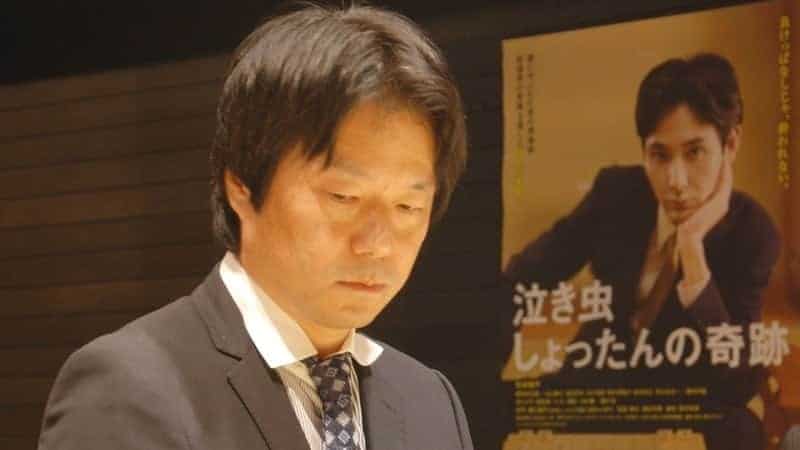
As a result of Segawa's successful attempt to become professional, the matter was re-discussed by the JSA members during the association's annual general meeting in May 2006, and the membership voted 154 in favor to 34 against to create a formal way for other strong amateurs to obtain professional status called the “Professional Admission Test” (プロ編入試験 (Puro Henyū Shiken)). (source: Wikipedia)
Review
The story begins with Segawa as an elementary school student, when his passion for shogi was kindled by his “rivalry” with his next-door neighbor, Yuya, who also attended the same school. As their constant games started to become somewhat repetitive, Shoji's father took the two boys to a shogi dojo, where they had the chance to play adult opponents. With the encouragement of his homeroom teacher, his father, and the master of the dojo, Kazuo, Yuya eventually decides to attend the Shogi's federation training academy (instead of high school), which provides the path for a player to become professional after reaching 4-dan. The same does not apply to Yuya, who continues his “normal” education, although the reasons are revealed much later. The academy, however, has an age limit, and Segawa, who has fully committed himself to the game, hanging out solely with other students of the academy, and in essence, living in the borders of society, finds himself succumbing to despair as the years pass, and even more when he fails on his last attempt to become professional. Lost and on the brink of depression, he manages to finish law school after some tough love from his brother, and join a company. Eventually, though, he starts playing again, and his meeting with a veteran, Mamoru, leads to the events mentioned in the previous part.
Toshiaki Toyoda directs a very entertaining biopic, which unfolds in four parts, covering the majority of Segawa's life until his final success. The part revolving around his childhood is tender and somewhat funny, particularly through the way the “rivalry” is presented (the repeated sequence with the two boys racing with their bikes is delightful).

The second and most lengthy part revolves around his years in the academy and takes place mostly during his 20's. This part has its amusing moments, but the Damocles Sword of the time limit casts a rather heavy shadow on all the characters, and particularly the ones who fail, ending up as a harsh psychological drama. Furthermore, I felt that the sadness also derives from the way the obsession with shogi has shaped the lives of the students, who seem to have no social life outside of the game, with girls not even being remotely on the picture, as highlighted through a minor episode between Shoji and a waitress.
The third part takes place after his failure to become a professional, and is characterized by a subtle despair, which Ryuhei Matsuda portrays in laconic, but quite eloquent fashion.
The fourth part begins as he starts playing again, with the happiness returning to his life gradually, until his final success.
Two elements dominate all parts of the narrative. The first one is failure, which is the theme most explored in the film, as Toyoda deals with its impact, which can result in despair or instead, more effort and subsequently, hope. Yuya's character and the three first parts deal with the first path, inducing the film with a rather dramatic essence, while the fourth with the second one, thus allowing the movie to end with a very happy and hopeful note (a happy end, if you prefer)

The second element is agony, which provides the most thrilling moments of the film in a number of occasions, and particularly to the viewer who, like me, does not know the whole story, although Toyoda's direction would still have an impact on those who know it.
This approach, which keeps the film subtle and low-key for the most part but provides rather intense moments at key points, is one of the best assets of the narrative, and results in a production that retains the interest for the whole of its 127 minutes.
On another level, Segawa's story also highlights the fact that in order to reach the higher levels of any competitive field, extreme sacrifices must be made, particularly to one's personal life, although even this kind of effort, does not guarantee success. Lastly, the importance of mentors, parents, teachers, or friends is also highlighted.
Ryuhei Matsuda is quite good as Segawa, particularly in the dramatic aspects of the film, with his performance anchoring the movie in the best fashion. From the rest of the ensemble cast, which also includes Kiyohiko Shibukawa, Satoshi Tsumabuki, Takako Matsu and Hirofumi Arai, I would say that there are four that stand out. Issey Ogata as Kazuo, Kaoru Kobayashi as Mamoru and most of all, Jun Kunimura as Shoji's father give great performances as different kind of mentors. Shota Sometani as Murata, a colleague of Shoji who seems to be kind of obnoxious, at least on the outside, also stands out.

Norimichu Kasamatsu's work in the cinematography is quite good, highlighting the game in a way the makes it captivating even for the spectator who does not know much about it, although this achievement can also be attributed to Toyoda's direction, who highlights the fact that he knows the mechanics of shogi quite well. The editing is another beneficial aspect of the film, as it induces it with a relatively fast speed that suits the story and its aesthetics to perfection. Lastly, the art direction is also great, with the depiction of the various timelines of the story being accurate and entertaining, both visually and in context, as, for example, when someone says “let's play Street Fighter II,” during the 90s. Toshiyuki Terai's music is also very fitting, although I felt that the main theme could be heard a bit less during the movie.
Overall, “The Miracle of Crybaby Shottan” returns the viewer to the roots of mainstream cinema, where a great story is presented in simple, but captivating fashion, and that is where the value of the film lies.



